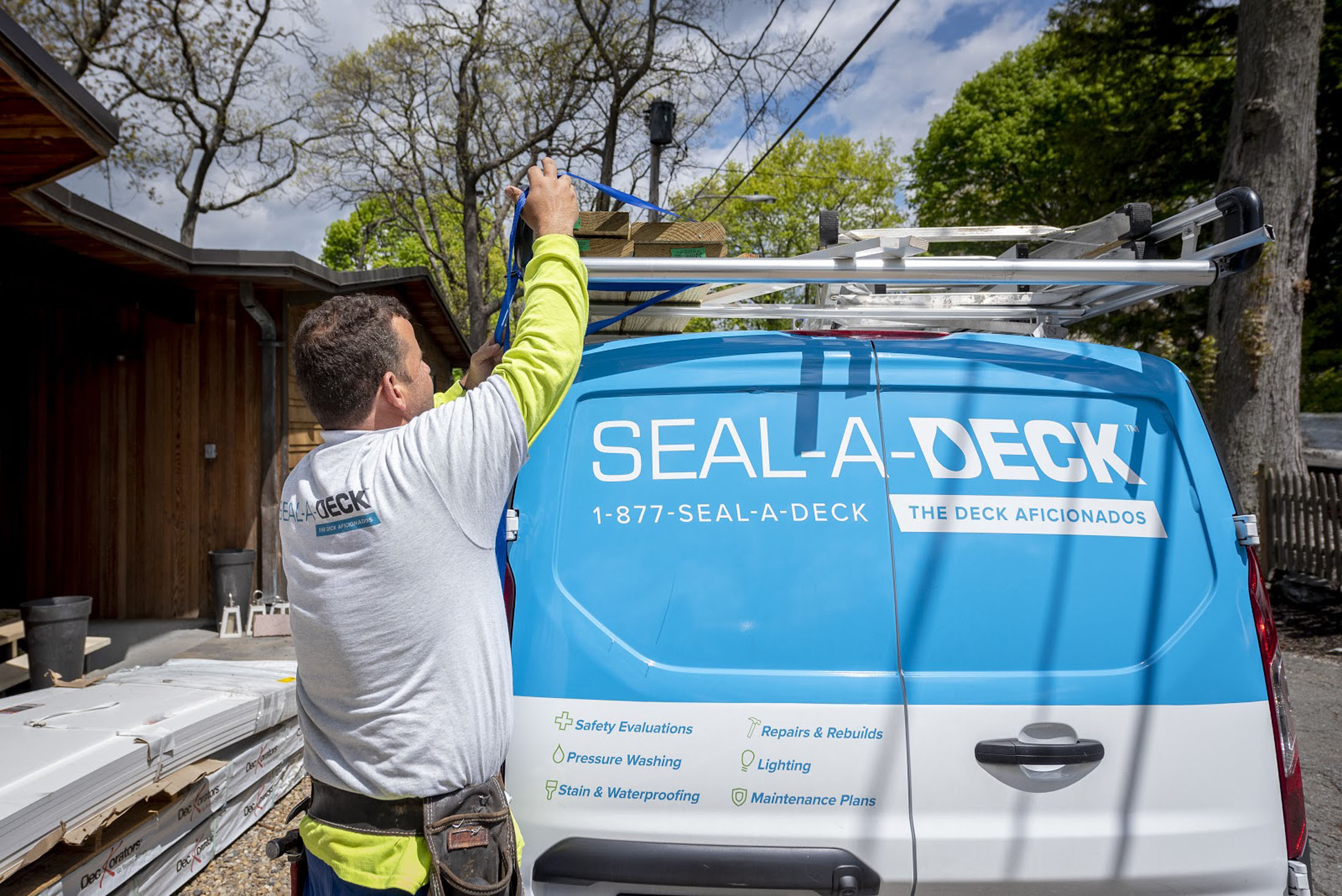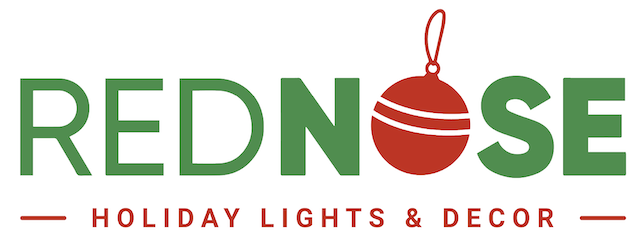Best Deck Materials to Use When Pests Are a Concern

If your Massachusetts home has a wood deck, you’re probably familiar with the wood-boring insects lurking in your backyard that are constantly searching for place to nest. When it comes to deck-targeting bugs, climate and location matter. For example, if your home is in the woods and exposed to a lot of moisture throughout the year, its deck is more vulnerable to insects. Protecting your home’s deck against pests begins by choosing a more effective insect-resistant deck material. To help ensure your peace-of-mind, take this advice from the Seal-a-Deck pros.
Wood-Infesting Bugs in Massachusetts
The potential for insect damage in a given geographical region varies by pest. Termites, for one, are more likely to be found in warmer climates, while carpenter ants pose more of a threat in cooler ones. Damp coastal conditions, like those we experience in Northeastern Massachusetts, tend to be more conducive to certain species of beetles. In general, these are some of the more common types of wood-infesting bugs found in our state:
• Dry wood termites
• Subterranean termites
• Carpenter ants
• Powder post beetles
Insect-Resistant Deck Materials
There’s a direct correlation between the amount of denser heartwood found in a wood board and its ability to ward off insects. Based on experience, client feedback and our follow-up deck evaluations, these are some of the more insect-resistant materials that we routinely install at Seal-a-Deck:
Pressure-treated Pine
The southern yellow pine that we use isn’t resistant to bugs in its natural form, so it’s first chemically treated to resist not only wood-boring insects, but also moisture, wood rot and fungus. Southern pine is a very inexpensive deck material that looks great and weathers well when properly maintained. Pressure-treated pine is commonly used for deck posts and framing because of its strength and longevity.
Cedar
Known for its beautiful reddish hue, cedar is a softer wood with built-in natural resistance to termites, powder post beetles and carpenter ants. When cleaned and resealed every 2 to 3 years, cedar will retain its natural color for many years of outdoor enjoyment.
Mahogany
Mahogany boards have a rich, tight grained, knot-free appearance that many homeowners absolutely love. It’s also a very dense wood, which makes Mahogany insect-resistant too. Although more expensive than pine or cedar, Mahogany’s luxurious color, scratch resistance, and rot-inhibiting characteristics makes it a worthwhile deck investment for many homeowners.
Ipe
Ipe boards are known for their exotic, rich graining patterns, and its extreme tropical hardness makes it naturally resistant to wood rot, fire, scratches, and bugs. Although it’s not the cheapest wood we install for redecking and new construction projects, an Ipe deck will last for decades and deliver a higher return-on-investment than other materials, especially near the ocean, due to its aesthetics, and moisture-repelling and slip-resistant qualities.
Composites
Composite deck materials have become very popular because they’re durable, nearly mimic natural wood in appearance, cost-effective and very low-maintenance. Because they’re made from recycled plastic and wood chips, composites are also an environmentally friendly choice. Composite decks are also highly resistant to bugs, although because of the wood component occasional rot and bug infestations can occur when using poorer quality materials. At Seal-a-Deck, we only install top-quality composites backed by a 25-year warranty.
PVC
Although PVC is more expensive than most other deck materials, there’s zero potential for bug infestations because it contains no wood. PVC decks are also extremely durable, virtually maintenance free, and moisture and fade-resistant. In other words, a PVC deck won’t rot, split or warp even when exposed to heavy rainfall, high humidity, and constant use. If keeping bugs away from your deck is a major priority, PVC is most definitely the way to go!
We’ve Got the Deck Material Expertise You Need
Choosing the best deck material for your home based on climate, location, budget, ease-of-maintenance and its insect-resistant qualities can be hard. When you need some expert advice, call Seal-a-Deck. Since 2003, we’ve been providing homeowners in Massachusetts with a full-line of client-trusted deck services, including check-ups, repairs, redecking projects and new deck constructions. If we can assist you, please call the Seal-a-Deck pros today at 978-538-7325.





